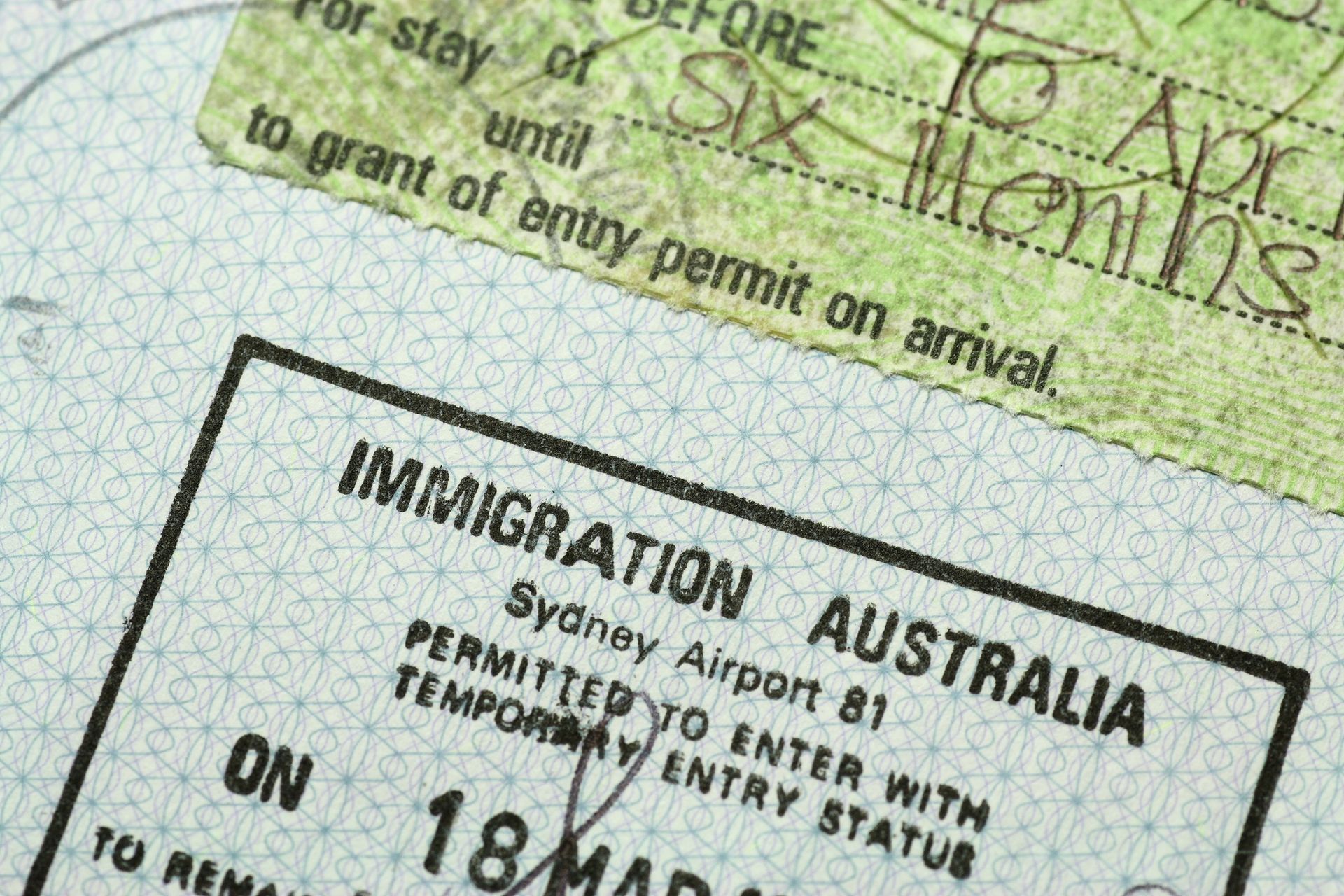Expertise
De-Facto Relationships
DE FACTO LAWYERS IN ENGADINE
Extensive Experience
The family law team at Kells in Engadine brings years of hands-on experience in matters such as divorce, property settlements, and de facto relationships.
Dedicated Team
We take pride in delivering clear, efficient legal services. Our aim is to simplify each stage, manage expenses wisely, and keep you informed throughout the process.
Trusted Family Lawyers
Your priorities drive everything we do. We understand the emotional and practical hurdles involved in family law. That’s why we offer level-headed, results-driven strategies to help you move forward confidently.
Here to Help
Going through a de facto separation can feel overwhelming, especially when financial matters or shared responsibilities come into play. These situations often involve navigating emotional stress alongside important legal decisions.
We offer services in Engadine to assist with the complexities of de facto relationship breakdowns. Whether you're dealing with property division or working through the next steps after parting ways, our team provides strategic support and clear communication throughout the process.
Talk to us about your circumstances. We are here to help you move forward with clarity and a strong plan for what comes next.
How Can Our De Facto Lawyers in Engadine Help?
Ending a de facto relationship can present distinct legal issues — especially when dividing property or establishing the nature and length of the partnership.
Unlike marriage, there’s no formal registration to rely on. This can make proving the relationship more complex when pursuing financial outcomes or settlement arrangements.
Acting early and understanding your position can make a big difference when it comes to protecting your interests and avoiding drawn-out disputes.
Here's how we can help:
Focused Legal Insight
Our team offers services in Engadine for those facing legal matters after a de facto separation. From asset division to financial contributions and future needs, we help unpack the legal framework and explain your options clearly. Whether you're unsure about eligibility or facing challenges around property claims, we’re here to help you take control of the process.
Practical, Human-Centred Support
Separation often affects more than just your finances. It’s personal, and every situation is different. That’s why we take the time to listen and work through the legal process with you—providing real-world advice that helps you plan your next move with confidence.
Confident Representation When It Counts
While we aim to resolve matters through negotiation, we’re prepared to represent you in court if necessary. Whether through formal proceedings or informal discussions, we’ll work hard to secure a result that respects your contributions and future goals.
Frequently Asked Questions
Get The Right Legal Advice for Your De Facto Family Law Matter in Engadine
Get clarity on your situation. Call our Engadine team today to discuss your next steps.
OUR TEAM
Our Expert Lawyers
Speak to a Family Lawyer
Whether you're navigating separation, parenting arrangements, or property division, our team is here to help you move forward with confidence and care.






